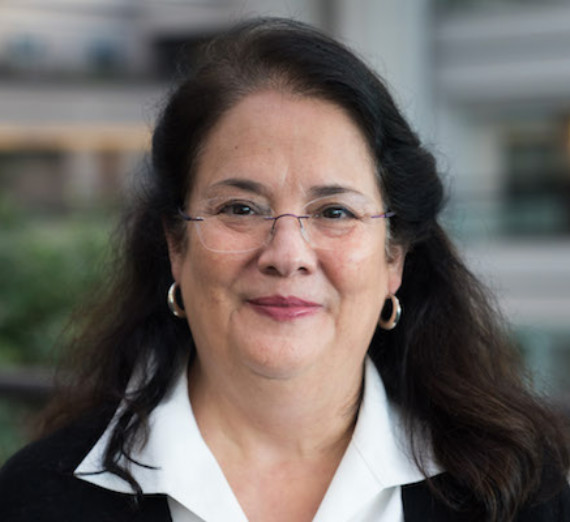Event Details
Note: This event occurred in the past. Information and links provided here are for historical reference and may no longer be valid.
Date & Time
Monday, Feb 12, 2024 4:30 PM - 6:00 PM
Department
Hosted by the Religious Studies Department
Location
Cataldo Globe Room
About This Event
This lecture will interrogate the interpretation of Our Lady of Guadalupe (1) in relation to the notion of “mestizaje,” the mixing of the Spanish and Indigenous blood lines, and (2) in relation to the well-known 1750 painting, Castas, by Luis de Mena, among the many other paintings delineating and ordering las castas. In these paintings, Guadalupe appears to give her blessing to various forms of intermarriage and to a racially based hierarchical ranking of intermarriages. These paintings and how they were used require an analysis and critique in a theological key. Because Guadalupe is a theological symbol, this symbol must be interpreted in a manner that mediates and affirms the that all human beings are fully imago dei.
About the Spring 2024 Flannery Lecturer
Nancy Pineda-Madrid is the T. Marie Chilton Chair of Catholic Theology at Loyola Marymount University and President-Elect of the Catholic Theological Society of America. Previously, she was Associate Professor of Theology and Latina/o Ministry at Boston College (2005-2019). She holds a Ph.D. in Systematic and Philosophical Theology from the Graduate Theological Union (Berkeley, California), and a M.Div. degree from Seattle University. She is the first theologian to publish a book on the evil of feminicide arguing that this tragedy demands a fresh interpretation of what salvation means in her Suffering and Salvation in Ciudad Juárez (Fortress Press, 2011), a reflection she has deepened in her recent Theologizing in an Insurgent Key: Violence, Women, Salvation (Paulist Press, 2022). She has published numerous articles addressing questions of salvation, suffering, religious symbols, popular Catholicism, and Latina feminist theology.

